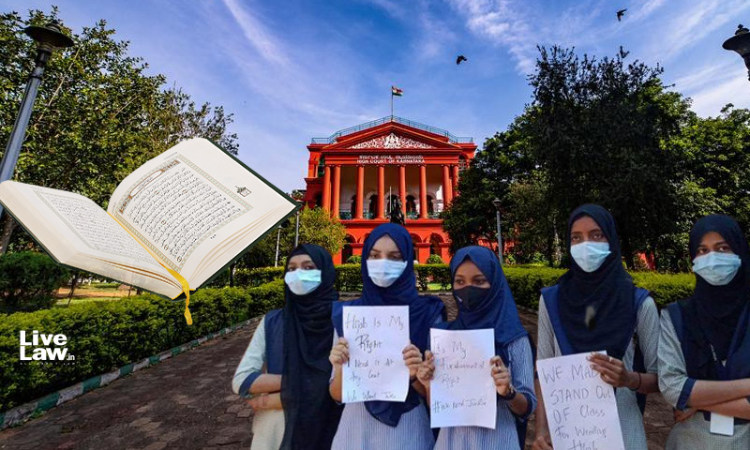Holy Quran Does Not Mandate Wearing Of Hijab; Islam Does Not Cease To Exist If Hijab Is Not Followed : Karnataka High Court
Mustafa Plumber
15 March 2022 4:00 PM IST

"What is made recommendatory by the Holy Quran cannot be metamorphosed into mandatory dicta by a hadith which is treated as supplementary to the scripture"
Next Story


